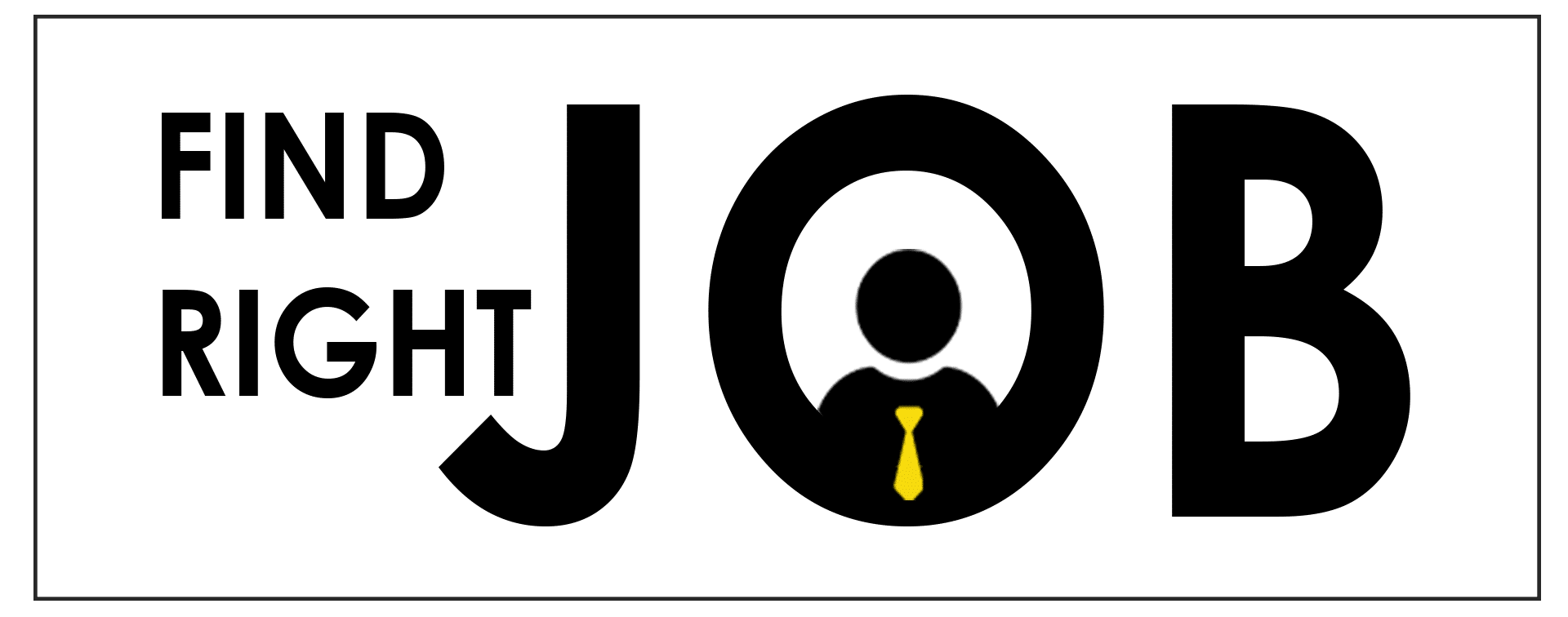Companies use Salesforce for customer relationship management (CRM). Salesforce administrators are in great demand as a career option. It’s important to know when you’re preparing for a salesforce admin interview that the interviewers usually ask and expect to hear the answers to specific questions. The present paper aims to survey the most frequent salesforce admin interview questions to prepare the applicants for success in their interviews.
Generally Asked Salesforce Admin Interview Questions
1. What is a Salesforce Administrator?
This is the first question asked in salesforce admin interview questions.
A salesforce administrator is an individual who manages and modifies the salesforce app to suit the business requirements. This includes user administration, moderation of information, setting up, dashboard creation, management, and efficient operation of the system to improve business functions.
2. What are the different types of users in Salesforce?
Salesforce identifies various types of users:
- Standard User: Entry-level business users with mainstream capabilities.
- System Administrator: Users that are granted total control of all Salesforce applications settings i. e. all features and options.
- Communities Users: Externally facing users interacting with the organization’s data using the community portal.
- Platform users: Users who have access to built bespoke applications but do not utilize the standard CRM module.
3. Explain the difference between a profile and a permission set.
A profile establishes baseline user permissions like the object access and field permissions and the level of application access a user has. A permission set permits changing or expanding these user permissions more flexibly.
4. What are Org-Wide Defaults (OWD) in Salesforce?
Org-Wide Defaults (OWD) in Salesforce are the general access levels assigned to records. They define the unit-level restriction for view access to any records within the organization; it can be set as Public Read Write, Public Read Only, or Not publicly available. OWD settings play a more significant role in determining access levels for all users and what data can be made visible to users.
5. How can a custom object be created in Salesforce?
To create a custom object in Salesforce:
- Navigate to Setup.
- Go to the Object Manager.
- Click “Create” then “Custom Object”.
- Provide the required information by including Label, Plural Label, and Object Name among others.
- After you click Save, you will be able to configure fields, relationships, and page layouts for the new object.
6. What are validation rules and why do we need them?
In Salesforce, validation rules are formulas that allow a user to specify a value or values that must be applied to salesforce record(s) in a certain manner before the user is allowed to save the records. They help in ensuring that only the right and complete data is entered. For example, a validation rule can specify that the phone number field must only contain numbers without any letters.
7. How do you control the data import and export process in Salesforce?
Salesforce provides tools for the import and export of data such as:
- Data Import Wizard: An easy and simple tool is provided for the importation of data into standard and custom objects.
- Data Loader: This application is more advanced and works well while performing operations in mass data.
- Report Export: A feature that enables the exportation of reports into different formats including MS Excel and CSV.
8. What are the different report categories that Salesforce allows?
Salesforce has different reports as follows:
- Tabular Reports: A report containing only records in a tabular form is useful mainly during export accounting tasks.
- Summary Reports: These types of reports provide the option to group the data and summarize it, which is good for dashboards.
- Matrix Reports: They allow data to be structured and arranged in a more cross-oriented grid format which aids concise and detailed comparisons.
- Joined Reports: Using these types of reports, more than one report or block of reports is added and presented to give a bigger picture of the data.
Here are some salesforce admin interview questions that will help you achieve your goals
Conclusion
Salesforce admin positions play an important role in helping organizations get the most out of the Salesforce platform. It has been established that there are common salesforce admin interview questions that follow the principles of salesforce admin and understanding how to answer the questions will increase your chances of getting the role.
For that and more help in your job search, check on Find Right Job and make a move in your Salesforce career.

